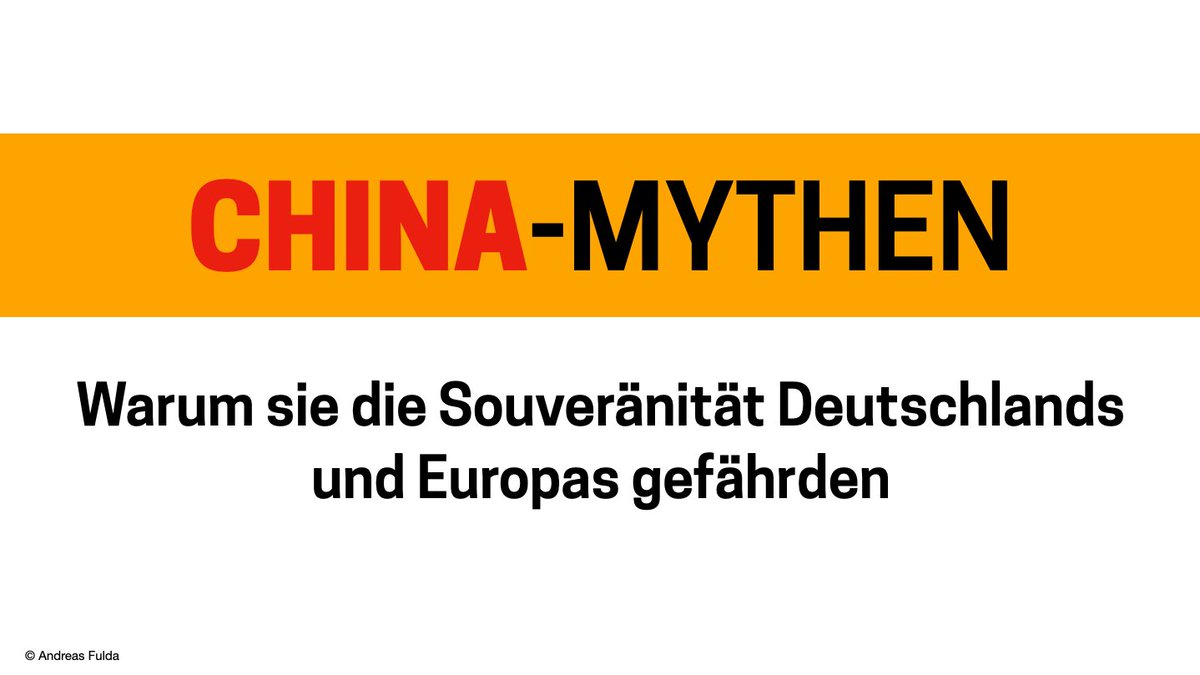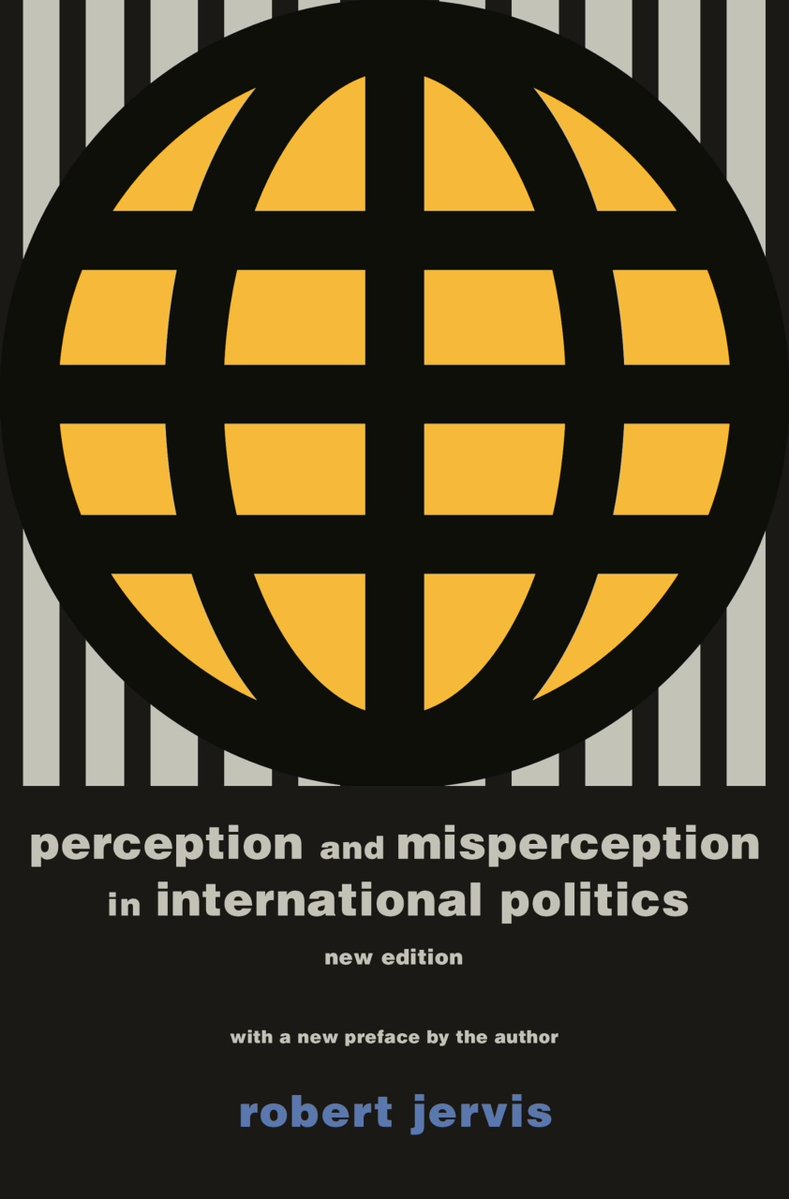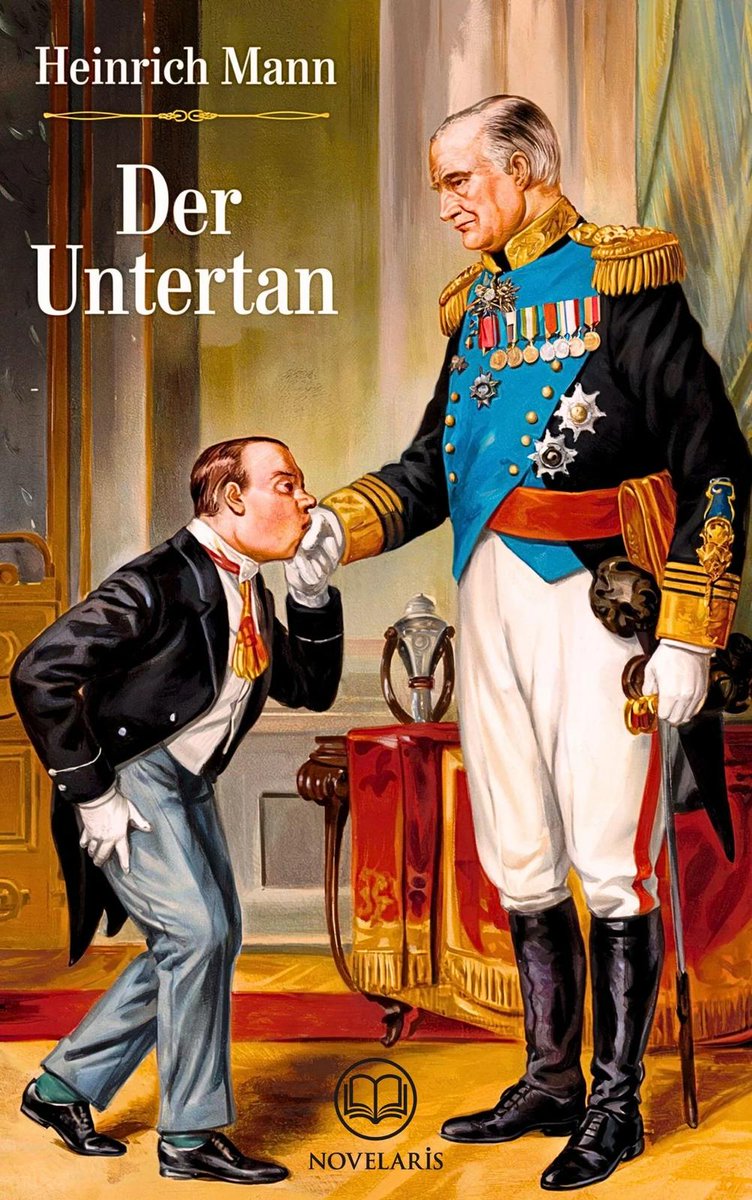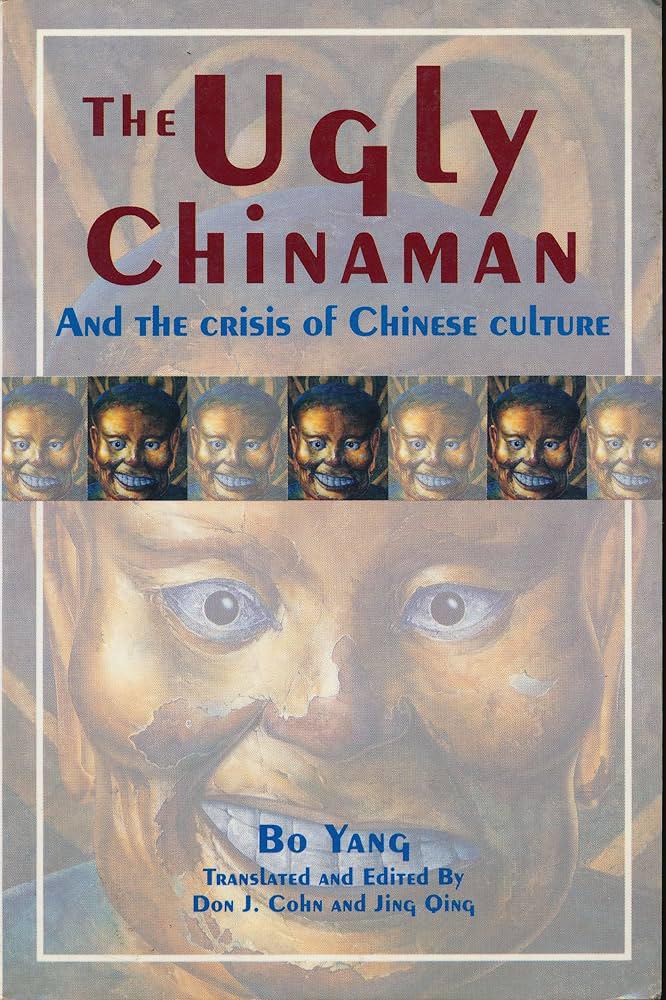Why is it taking so long for the German government to abandon its failed China policy of 'change through trade'? A thread 1/11 
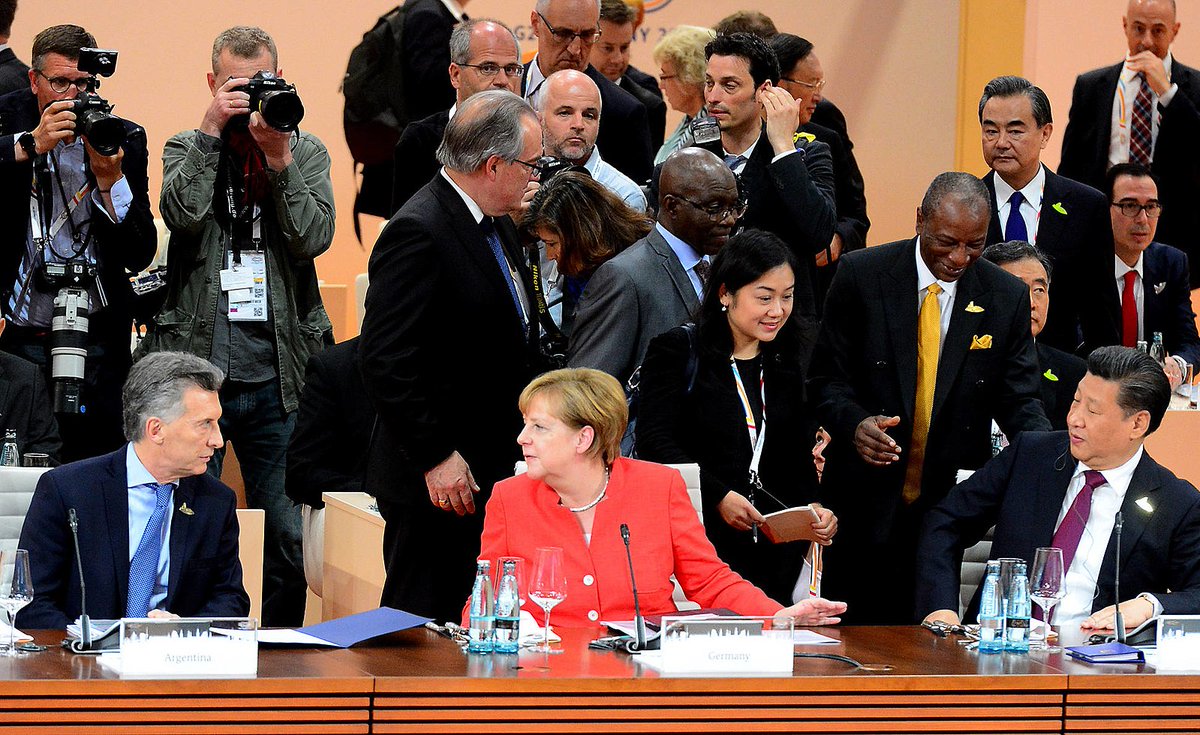
When it comes to the People's Republic of China (henceforth #China), the German government has largely engaged in foreign trade promotion (Außenwirtschaftsförderung) 2/11 

In his PhD thesis Norbert Schultes has pointed out that in foreign trade promotion the German government has let the private sector take the lead, which explains the highly corporatist approach 3/11
edoc.ub.uni-muenchen.de/9049/1/Schulte…
edoc.ub.uni-muenchen.de/9049/1/Schulte…
This makes foreign policy change through legislative means much harder, as the German government has essentially outsourced its foreign policy to the private sector 4/11
soas.ac.uk/blogs/study/ch…
soas.ac.uk/blogs/study/ch…
Outsourcing foreign policy to the private sector has also meant that corporate propaganda has always loomed large in the German public discourse about China 5/11 

To justify trade and investments with an authoritarian China corporate lobbyists have for decades hyped the significance of the Chinese market for Germany’s traditionally export-oriented economy 6/11
wz.de/politik/inland…
wz.de/politik/inland…
German media has often uncritically amplified such corporate propaganda 7/11
wiwo.de/unternehmen/au…
wiwo.de/unternehmen/au…
I recently discussed this problem with a German media professional. In this conversation it became clear to me that groupthink contributed to this rather unfortunate practice among journalists 8/11
corporatefinanceinstitute.com/resources/care…
corporatefinanceinstitute.com/resources/care…
Germany's outdated China policy will only change if politicians and parliamentarians reassert the central role of the state and strengthen both democratic security and industrial policy 9/11
dgap.org/en/research/pu…
dgap.org/en/research/pu…
Academics and journalists should play their part by deconstructing both government and corporate propaganda which hypes the significance of China's market for Germany's export-oriented economy 10/11
https://twitter.com/AMFChina/status/1282933266341933057?s=20
Last but not least German citizens should take note of the totalitarian turn in Xi's China and demand an end to Germany's failed China policy of 'change through trade' /End
change.org/p/politicians-…
change.org/p/politicians-…
@threadreaderapp unroll
• • •
Missing some Tweet in this thread? You can try to
force a refresh


